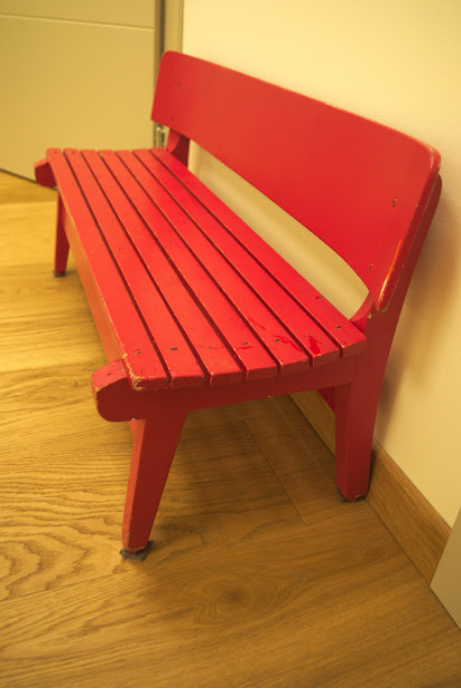By Massimo Lussignoli, Annalisa Schirato, Michele Vezzoli
Experimenting in school years with articulated methods to manage in an educational way the conflicts between peers, what kind of imprint does it leave on pupils?
To answer these questions, the Consortium entrusted Fondazione INTRO with the implementation of a qualitative pilot research, with the aim of producing an audiovisual testimony that could be immediately used in following educational events.
A story started a decade ago
The Sassolino, a Montessori kindergarten managed by INTRO, has applied the method Litigare Bene of the CPP directed by Daniele Novara since 2012. After 10 years of systematic application of this approach it seemed interesting to try to bring together those children, who at the time were attending kindergarten, to check with them how they live today the quarrels at school and among peers.
At the Sassolino the conflict corner – the place where you try to manage the conflict, with the help of teachers – is red, like the anger that must be controlled, to be then lucid in investing in mutual relationships: at the Sassolino the conflict corner is called “the red bench”.
Ten years later, what happened to those pupils that argued on the red bench?
An intimate gathering
On 5.11.22 INTRO gathered at the school 17 guys to spend an afternoon together, facilitated by education professionals and with the help of operators of the so-called Theatre of the Oppressed.
The work – conducted by Dr. Lussignoli – has gone through a long phase of warm-up and mutual recognition. The memories of classmates and school events seemed too distant; at the beginning the only shared element was the memory of the teacher Annalisa (the Montessori pedagogist Annalisa Schirato, who accompanied this process).
In the second phase the teens were divided into subgroups, and they were asked to share an episode of conflict in which they were involved with other peers and classmates.
The story of the quarrels has highlighted that the teens are not moved by the desire to find a culprit: they do not place themselves in an accusatory way towards the other, and they do not even absolve themselves, but are moved above all by the desire to understand what happened.
In the anecdotes told by the teens, the interest in preserving friendship prevails: the relationship is more important than the quarrel.
On stage!
Each group chose its own favourite quarrel story and then, all together, one was chosen to be “staged”, with the help of the actors of the Theatre of the Oppressed.
In this phase the actors will replace the classmates “in playing” the quarrel, after having tried it in private.
Then the facilitator will block the scene several times, asking the actors to express the thoughts and emotions lived in that moment, and asking the guys to express their opinions on what was observed.
Their observations revealed the need to understand each other, to listen first to themselves – but without being too focused on themselves and their feelings, and without being fixed on their own position – to be able to listen to the other.
Then a volunteer was asked to replace one of the actors to play a character in the quarrel, trying to point out alternative ways to manage the conflict.
Through substitution one realizes how easy it is to bring elements of judgment into the conflict – “I explain to you how things are”.
The pupils that argued on the red bench
Finally the facilitator invited the teens to recover the memories of their quarrels in kindergarten, and they proved that in reality they were very lively, not only with respect to anecdotes, but above all with respect to deep experiences. The children naturally photographed the steps for managing the conflict, an important source of current skills.
The first step is always emotional decantation, to manage the peak of emotions.
The second is to listen to the point of view of the other, letting him/her speak without interruption, even if you disagree.
The need for an agreement is not so clear, replaced by the desire to take care of the relationship instead.
Finally, the teens make no mention of the role of the adult in these conflicts: the conflict is of those who quarrel, the adult is in the background, if not completely disappeared.
The educational methods work!
The experience represented an important moment of verification of the effects of the training on the management of the conflict even after many years.
The video obtained, lasting about 20′, can be used for awareness and dissemination purposes.
The value of the video lies above all in highlighting the great potential of children in conflict management, if adequately accompanied: the educational methods of conflict management in school work, and if applied continuously generate significant and lasting relational skills.


